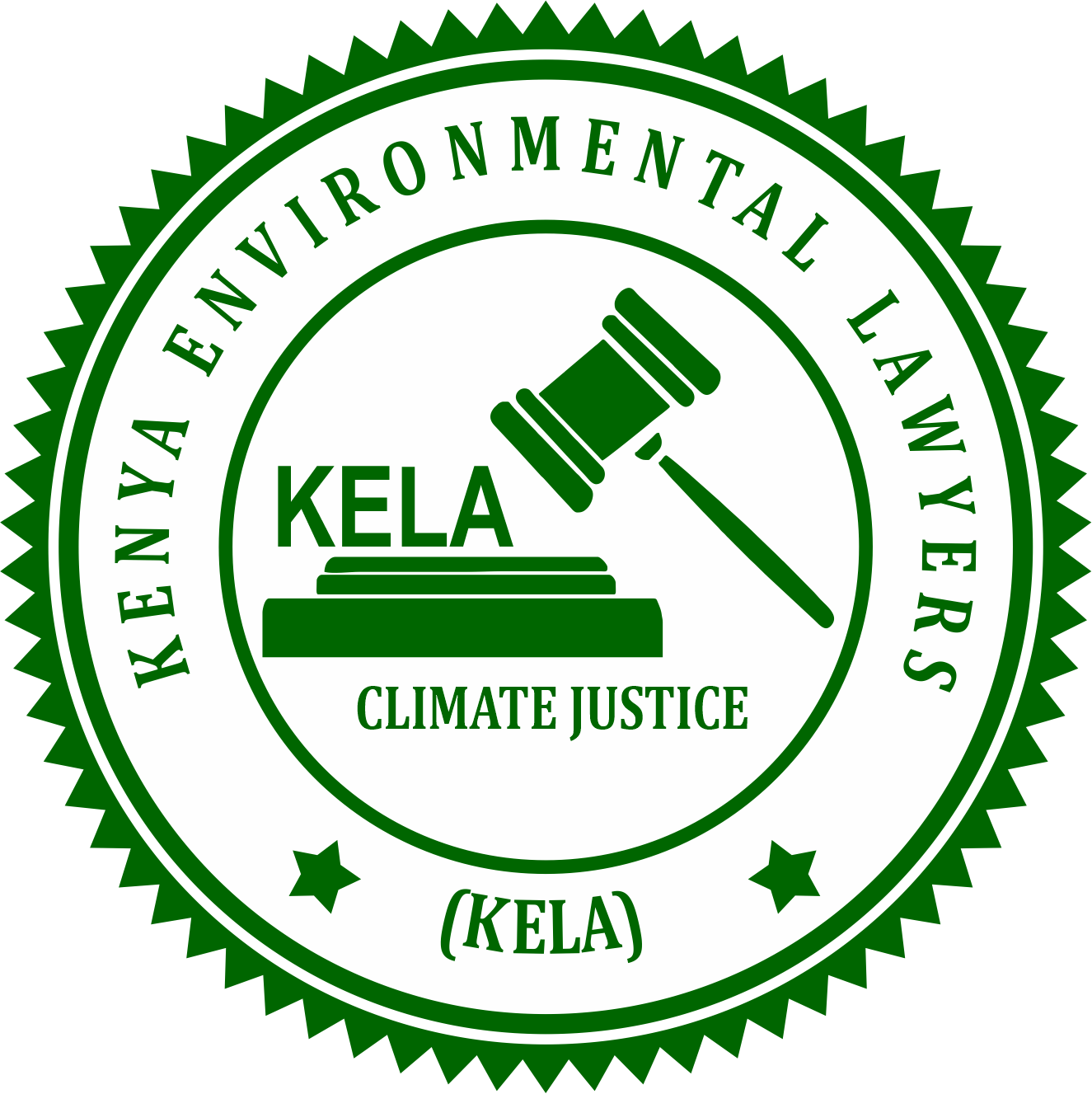WASTE MANAGEMENT & mining

Waste management plays a very important role in achieving the right to clean and healthy environment as enshrined in Article 42 of the Constitution. Therefore, persons intending to carry out certain activities are required to undertake Environmental Impact Assessments (EIAs) and to submit the reports to the National Environmental Management Authority NEMA. These activities include: Mining, Urban development, Transport activities, Processing and manufacturing industries and Waste disposal etc.
Principle 2 of the Draft Declaration of Human Rights and the Environment: All persons have the right to a secure, healthy and ecologically sound environment. Article 24 of the African Charter on Human and Peoples Rights (Banjul Charter): All peoples shall have the right to a general satisfactory environment favorable to their development.
States
have sovereign right to ban imports individually or regionally. Transboundary
movement is permitted only in circumstances where state of export does not
capacity or facilities to dispose of the wastes in an environmentally sound
manner. Trade that does take place requires the prior informed consent of
transit and import states and illegal trade to be prevented and illegally
imported waste should be accepted for reimport by the state of origin.
The Basel convention on the control of transboundary movement of hazardous wastes and their disposal calls on members states to take necessary measures in controlling generation and transportation of the hazardous wastes. It was also a wake-up call to States in regard to increasing desire for the prohibition of trans-boundary movements of hazardous wastes and their disposal in other States, especially developing countries. It was also an affirmation that States are responsible for the fulfilment of their international obligations concerning the protection of human health and protection and preservation of the environment, and are liable in accordance with international law.
It obligated States in which hazardous wastes and other wastes are generated to ensure that those wastes are managed in an environmentally sound manner & such obligation may not under any circumstances be transferred to the States of import or transit.
Article 1 of the convention classifies the known categories of hazardous wastes together with those classified under Annex 1 of the Convention which are subject to control and declaration by parties in their respective nations as such. Article 4 of the Convention sets out the general obligations of the party states in regard to permission, transportation and disposal of such hazardous wastes.
Principle 16 of the Rio Declaration dictate that National authorities should endeavor to promote the internalization of environmental costs and the use of economic instruments, taking into account the approach that the polluter should, in principle, bear the cost of pollution, with due regard to the public interest and without distorting international trade and investment.
Moreover, Section 2 of EMCA provides that polluter-pays principle means that the cost of cleaning up any element of the environment damaged by pollution, compensating victims of pollution, cost of beneficial uses lost as a result of an act of pollution and other costs that are connected with or incidental to the foregoing, is to be paid or borne by the person convicted of pollution under this Act or any other applicable law.
In
addition, mining activities can cause severe environmental degradation,
including deforestation, soil erosion, and water pollution. The mining industry
in Kenya is no exception, and it faces the challenge of environmental
degradation.
KELA will take the front seat to defend the right to clean and healthy environment by liaising with the local communities to create awareness on the laws governing waste management and mining processes.
